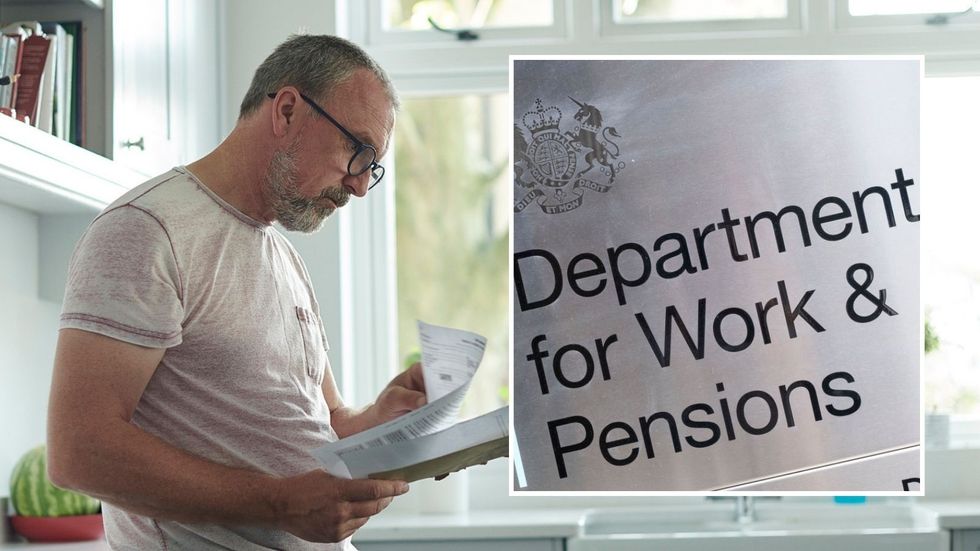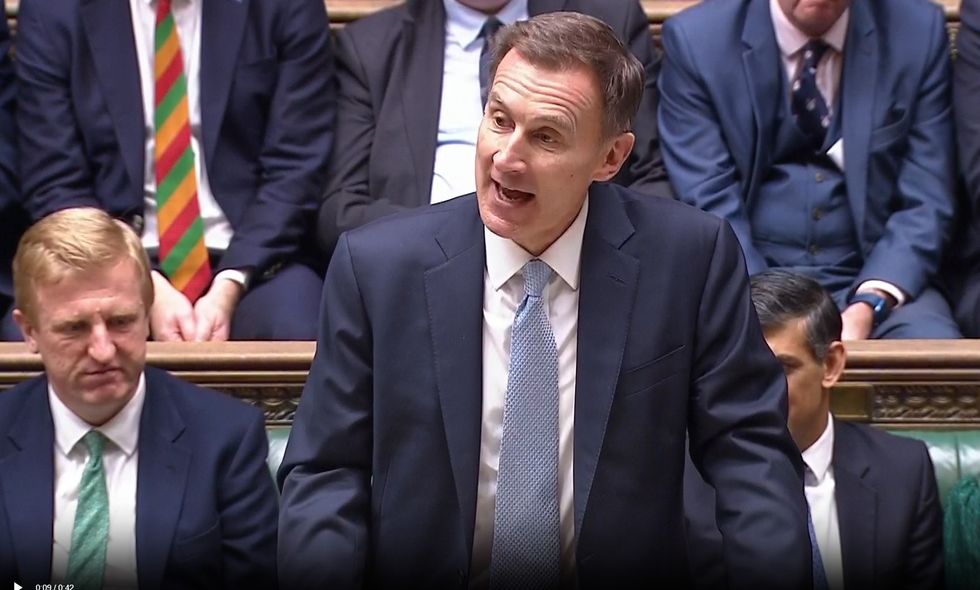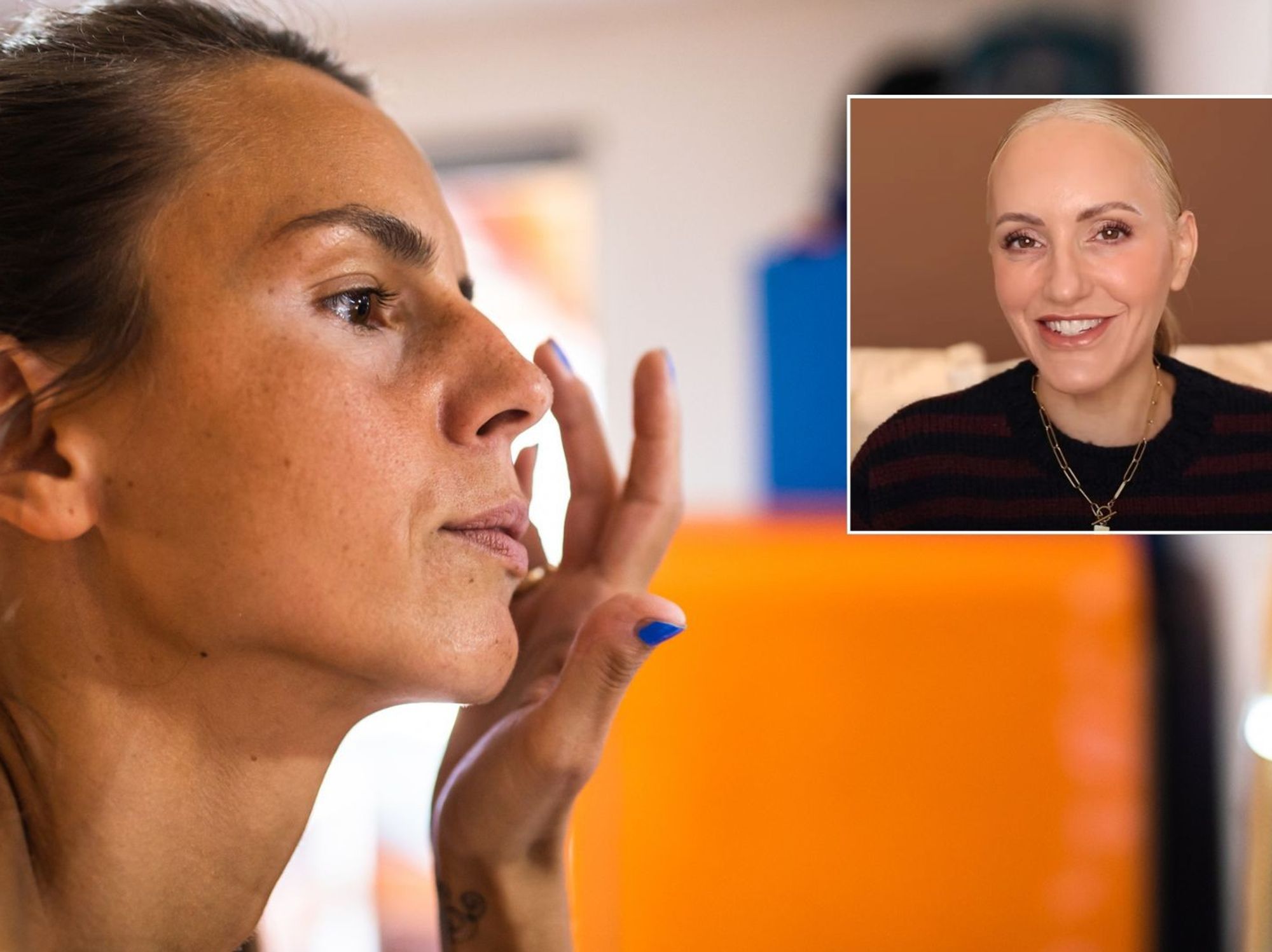Jeremy Hunt announced changes to Universal Credit around the repayment period for budgeting advances
Don't Miss
Most Read
Trending on GB News
Universal Credit rules around emergency loans for claimants are changing following Chancellor Jeremy Hunt’s Spring Budget earlier this week.
Mr Hunt confirmed the Government is doubling the repayment period for budgeting advances from 12 months to 24 months which he says will benefit around one million people.
These are interest-free loans someone can claim on Universal Credit which can be used to cover certain emergency household costs.
On the Department for Work and Pensions’ (DWP) website, the examples cited buying a new cooker or for help getting a job or staying in work.
How will your finances be impacted by Chancellor Jeremy Hunt's Spring Budget? Find out using GB News' 2024 tax calculator here.

Changes are coming to Universal Credit payments following the Chancellor's Spring Budget
GETTY
What does this change to Universal Credit mean?
Budgeting advances have had to be repaid within a 12-month period, but this has been doubled to two years after the Chancellor’s Budget.
According to Mr Hunt, this change is being introduced to better support low-income families with the cost of living.
In order for someone to get a budgeting advance, they must be receiving Universal Credit or another means-tested DWP benefit and have earned less than £2,600 in the past six months.
Furthermore, claimants must have also paid off any previous budgeting advances before they receive another one.
How much can Universal Credit claimants get?
The sum of money a recipient gets from the DWP depends on how they are able to repay and whether they have savings of over £1,000.
It is possible for someone to get up to 100 per cent of their estimated benefit payment as part of the loan.
A Universal Credit claimant’s loan amount will be reduced by £1 for each £1 of savings they have over this amount.
Budgeting advances can commonly be used for expenses such as buying uniforms or tools, home repairs, travel expense, moving costs, and funeral costs.
LATEST DEVELOPMENTS:
 Jeremy Hunt outlined his plans for the economy in his Spring BudgetPA
Jeremy Hunt outlined his plans for the economy in his Spring BudgetPAWhat other help is available for Universal Credit claimants?
From April, Universal Credit and other DWP benefits will be awarded a 6.7 rate hike to their payments.
Furthermore, Mr Hunt confirmed he would abolish the £90 fine charged for a debt relief order which will reportedly benefit 40,000 families.
Those struggling with debt can receive free help through the Government’s own independent, free advice service.
On top of this, charities such as National Debtline and Citizens Advice are also available to offer assistance for anyone dealing with debt issues.









